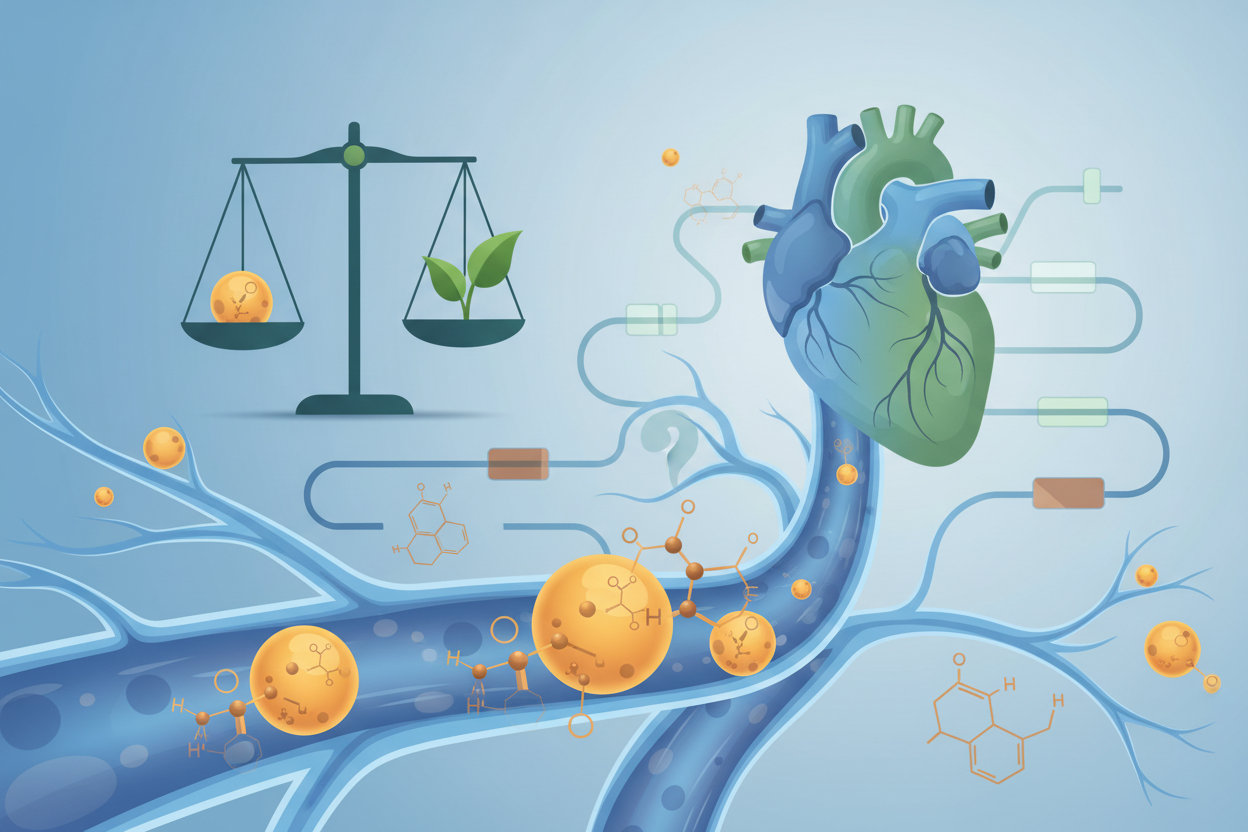
Breast cancer: Genes or lifestyle? What really matters?
Breast cancer is one of the most common and feared diseases today. The traditional view has long emphasized the role of genetics, specifically mutations in the BRCA1 and BRCA2 genes, as a key factor in the development of breast cancer. Many women therefore live with the belief that genetics is their destiny. However, modern science offers a different, deeper perspective on this serious issue. According to new findings in quantum biology and mitochondrial medicine, breast cancer may be more a consequence of our lifestyle than a predetermined genetic fate.
Genetics vs. Metabolism: A New Perspective
According to pioneering research by Professor Douglas Wallace, cancer is fundamentally a metabolic disease rather than purely a genetic one. Wallace argues that there is no such thing as a definitive "cancer gene." Oncogenes, often emphasized in traditional genetics, are more a consequence than the primary cause of tumor development. The key cause, according to Wallace, lies in mitochondrial dysfunction and disrupted cellular bioenergetics.
The True Origin of Cancer: Mitochondria
Mitochondria are the powerhouses of our cells, and their main role is to produce energy in the form of ATP, which cells need for life and proper function. If mitochondria are damaged or not working correctly, the cell must switch its energy metabolism from efficient oxidative phosphorylation to less efficient anaerobic glycolysis—a process known as the Warburg effect. This mechanism allows cancer cells to survive, grow, and divide rapidly.
The Role of Circadian Rhythms and Melatonin
Recent study published in the journal PLoS ONE thoroughly examined the impact of nighttime light on the growth of cancer cells, particularly breast tumors. The study's results clearly showed that even minimal exposure to light during nighttime hours dramatically reduces melatonin production – a key hormone regulating our circadian rhythms. Melatonin also has significant antioxidant and mitochondria-protecting effects. Its suppression accelerates the metabolism of cancer cells, promoting their faster division and growth. The study specifically demonstrated that tumors exposed to nighttime light grew up to twice as fast (100% increase in tumor growth) compared to tumors in the control group kept in complete darkness. Melatonin production was reduced by as much as 88%, significantly contributing to the tumor's more aggressive behavior.
How Lifestyle Affects Our Mitochondria
This study highlights the key role of lifestyle in protecting mitochondrial health. Factors such as stress, lack of sleep, poor nutrition, or chronic exposure to light at night can seriously damage mitochondria, creating ideal conditions for the development and growth of cancer. It is becoming increasingly clear that caring for our mitochondria and maintaining a healthy lifestyle play a crucial role in breast cancer prevention.
Prevention is in our hands
This perspective forces us to rethink how we approach health. Instead of focusing solely on genetics as the main culprit, we need to emphasize prevention based on a healthy lifestyle and the proper functioning of circadian rhythms.
Circadian rhythms are crucial for overall health because they regulate not only sleep and wakefulness but also metabolic, hormonal, and immune processes in the body. Disrupting these rhythms, such as through chronic exposure to artificial light at night, significantly increases the risk of developing cancer. Therefore, it is essential to respect the natural cycle of light and darkness and support melatonin production, which protects mitochondria and reduces the risk of cancerous growth.
Quality sleep in complete darkness, limiting artificial light at night, using protective glasses that block blue light, a healthy and balanced diet, regular physical activity, and minimizing stress are practical steps that can significantly impact our health. These changes not only support our mitochondria but also restore and maintain our circadian rhythms in harmony with the natural day and night cycle.
Breast cancer may not be solely a matter of genetic fate; it largely depends on our lifestyle, the care we give to our mitochondria, and maintaining healthy circadian rhythms – the key energy factories and regulators in each of our cells.



Leave a comment
This site is protected by hCaptcha and the hCaptcha Privacy Policy and Terms of Service apply.